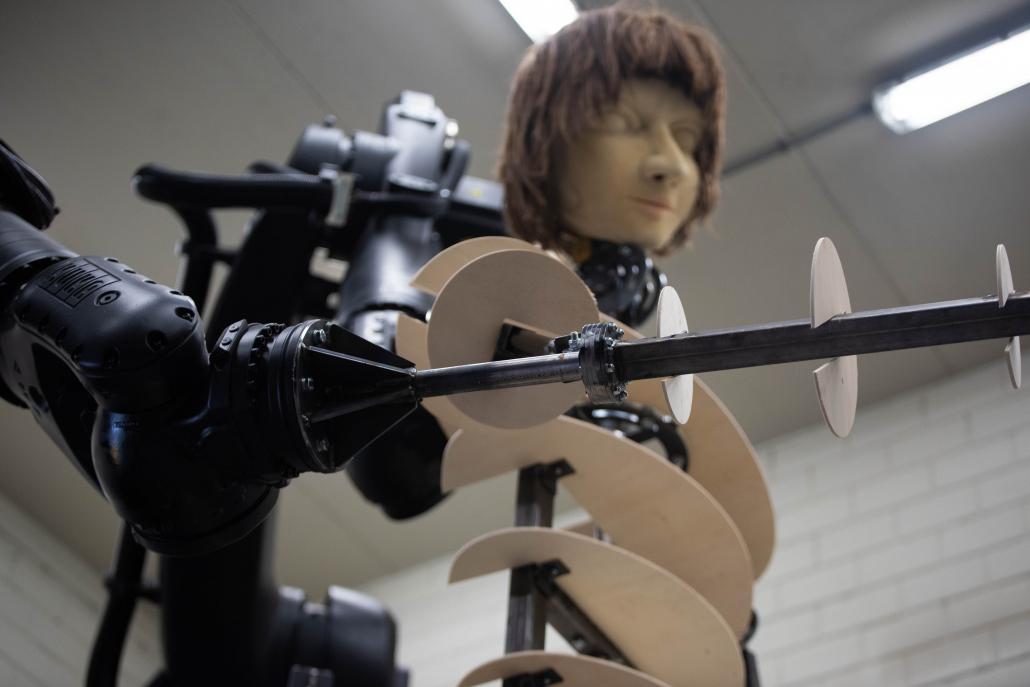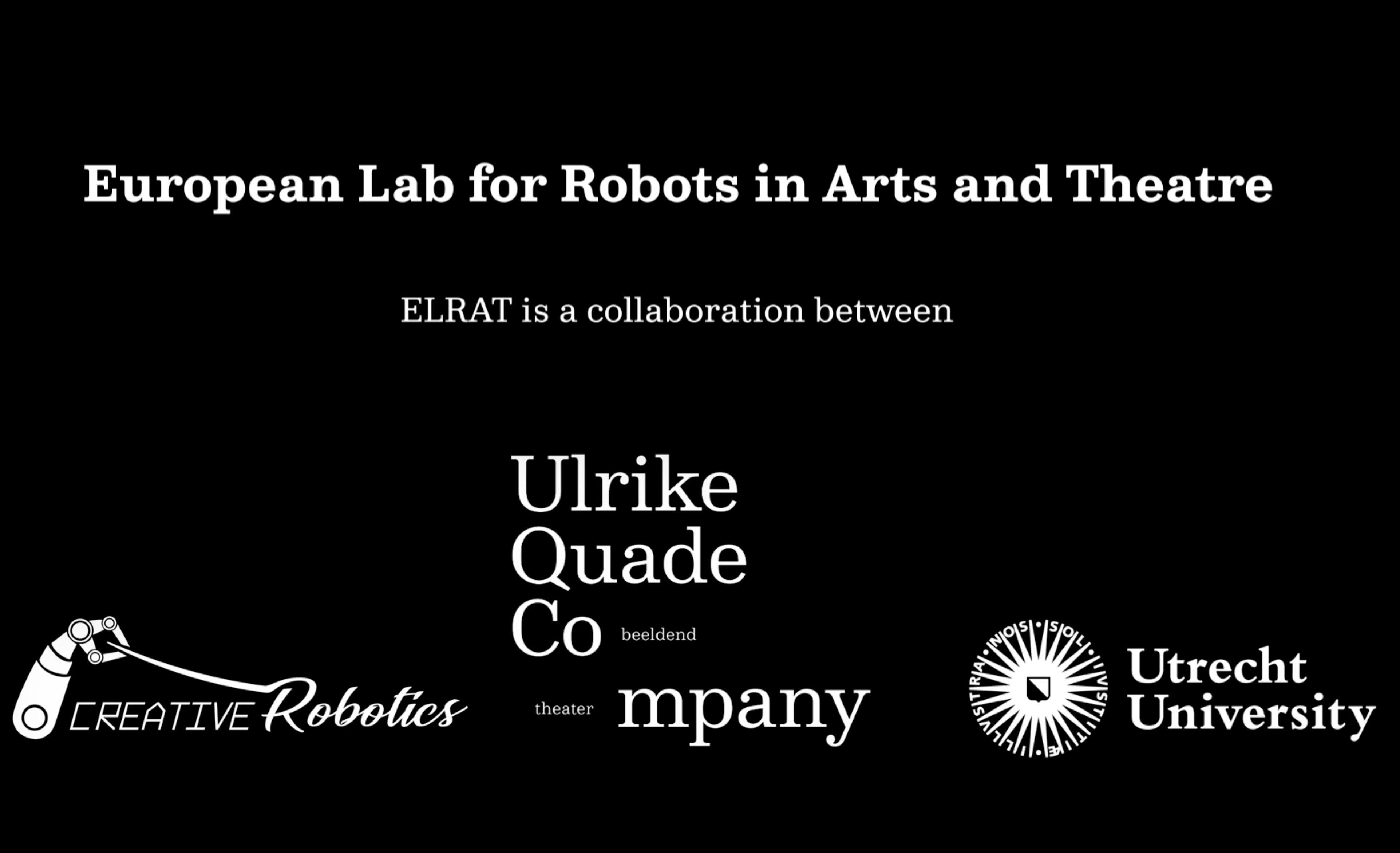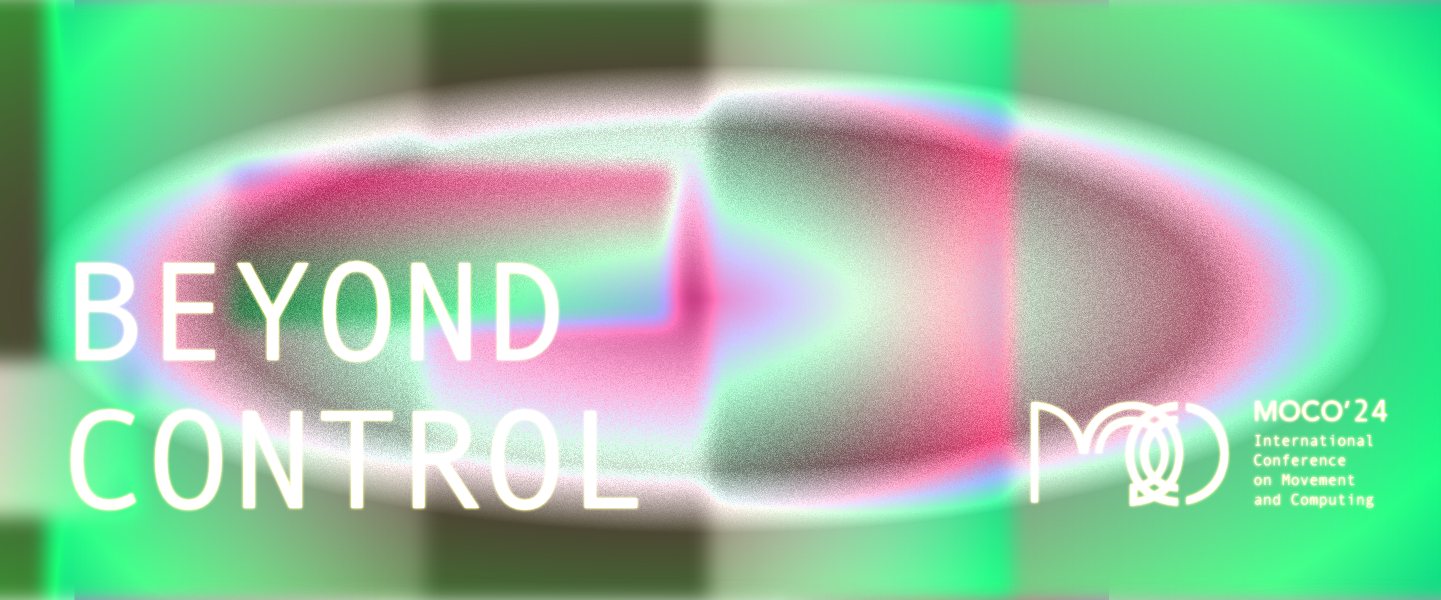Documentation

”Object Failures: Minnaert’s Observatory and the Spirit of Speculative Resistance“ – Olga Efremov
With this blog post, inspired by the case study discussed during Mick Wilson’s workshop “How to Know Things with Works: On Practical Enquiry,” I would like to continue the exploration of Harman’s theory of speculative realism (2018) as a lens for a practice-based inquiry into the secret lives of objects. Wilson challenges the participants to…
Read more
”Knowledge Through Practice: Unraveling Birgitta Nordström’s Infant Shrouds“ – Laura Calabrò
The concept of acquiring knowledge through practical engagement holds a pivotal role within the realm of media studies. In the pursuit of inquiry, the essence lies not in the mere transcription of knowledge onto paper, but in the active process of acquiring knowledge and the subsequent transformation of this knowledge into shareable and meaningful information….
Read more
Meet the Makers: Ulrike Quade
In this Meet the Makers session, theatre maker Ulrike Quade discusses her work in puppetry and technology theatre. Ulrike uses a unique mixture of visual theatre, dance, music, scenography, and literature, with the performance of puppets and objects as the main common denominator. Her approach to non-human performers builds on aspects of Asian…
Read more
“Academic Freedom, Knowledge Production & Public Perception” – Sorcha Ní Bhraonáin
To argue for academic freedom, we must first consider what academia is for. What is the inherent value of intellectual work produced from within the humanities? Bruno Latour’s article “Why has critique run out of steam?” provides a point of departure for Professor Berteke Waaldijk in the first seminar of the 2023/2024 Transmission…
Read more
[TiM Recap] “Academic Freedom as a ‘Matter of Concern'” – Berteke Waaldijk (UU)
by Kangning Li The opening seminar for 2023-24 Transmission in Motion opened with a lecture from Dr.Berteke Waaldijk, who addressed the theme of this year’s series ‘Matter of Concern’ by using academic freedom as the entry point. The first part of the lecture began with the introduction of Latour’s concept on the Matter…
Read more
“Yet Unrealized Freedom: A Matter of Concern” – Jhor van der Horst
“What do you love,” Prof. Dr. Waaldijk asked. We — the attendants of her lecture on Academic Freedom — discussed. During this short heart-to-heart, I loved hearing what my newly-met colleague loved. Yet, how can we secure space for our loves outside of Waaldijk’s careful lecture? Or, as someone during the Q&A asked:…
Read more
In the Lab: Robot Research in the European Lab for Robotics in Art and Theatre (ELRAT)
A video documentary made by Chris Rijken about the ongoing research in the ELRAT Lab. ELRAT is an initiative of Bram Ellens, Rick van Dugteren (Creative Robotics), Ulrike Quade (Ulrike Quade Company) and Maaike Bleeker (Utrecht University).
Read more
MOCO’24 – International Conference on Movement and Computing
9th International Conference on Movement and Computing in collaboration with the SPRING Performing Arts Festival MOCO’24 ‘Beyond Control’ conference at Utrecht University The 9th International Conference on Movement and Computing will be held at Utrecht University from Thursday, May 30th to Sunday, June 2nd, 2024. Early Bird conference rates apply until April 30th. The MOCO’24…
Read more
[Event Postponed] “Change by Participatory Action Research: Chances and Challenges” – Jaswina Elahi (UU)
This seminar session has been rescheduled — see here For the last seminar of this year’s series “Matters of Concern,” we shall be joined by Dr. Jaswina Elahi who will speak to us about Participatory Action Research, an approach which was introduced in 1944 by Kurt Lewin. This approach seeks transformative change through the…
Read more
[Event Postponed] “Researching performance in the wake: Commitment to a healing labour” – Anika Marschall (UU)
This seminar session has been rescheduled — see here Wake: the track left on the water’s surface by a ship; the disturbance caused by a body swimming or moved, in water; it is the air currents behind a body in flight; a region of disturbed flow. (Sharpe 2016: 3) Wake; the state of wakefulness;…
Read more
